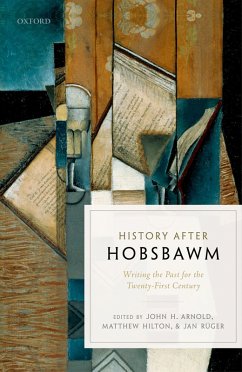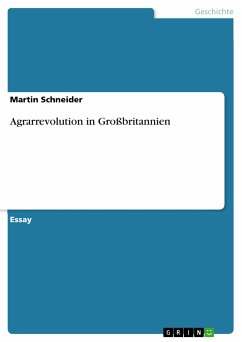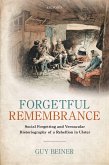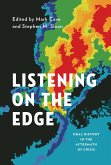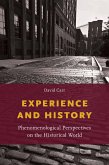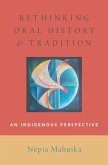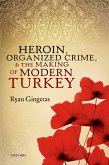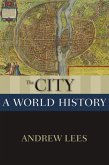What does it mean - and what might it yet come to mean - to write 'history' in the twenty-first century? History After Hobsbawm brings together leading historians from across the globe to ask what being an historian should mean in their particular fields of study. Taking their cue from one of the previous century's greatest historians, Eric Hobsbawm, and his interests across many periods and places, the essays approach their subjects with an underlying sense of what role an historian might seek to play, and attempt to help twenty-first-century society understand 'how we got here'. They present new work in their sub-fields but also point to how their specialisms are developing, how they might further grow in the future, and how different areas of focus might speak to the larger challenges of history - both for the discipline itself and for its relationship to other fields of academic inquiry. Like Hobsbawn, the authors in this collection know that history matters. They speak to both the past and the present and, in so doing, introduce some of the most exciting new lines of research in a broad array of subjects from the medieval period to the present.
Dieser Download kann aus rechtlichen Gründen nur mit Rechnungsadresse in A, B, BG, CY, CZ, D, DK, EW, E, FIN, F, GR, HR, H, IRL, I, LT, L, LR, M, NL, PL, P, R, S, SLO, SK ausgeliefert werden.

